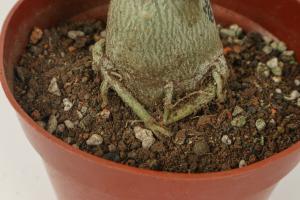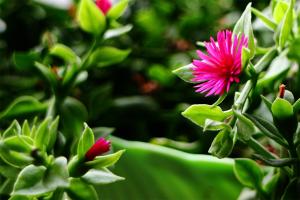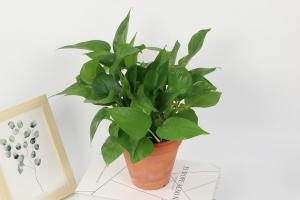Is Snake Plant Toxic to Cats?
When it comes to having pets in our homes, we always want to make sure they are safe and not exposed to any harmful substances. One popular houseplant many people have is the snake plant, also known as Sansevieria. However, if you are a cat owner, you may be wondering if the snake plant is toxic to your furry friend.
According to the ASPCA (American Society for the Prevention of Cruelty to Animals), snake plants are indeed toxic to cats. The plant contains saponins, which are toxic to cats and can cause symptoms such as vomiting, diarrhea, and lethargy if ingested. These symptoms can also be seen in dogs, so it's important to keep them away from snake plants as well.
It's important to note that just because a plant is toxic to cats does not mean it will automatically cause harm. Some cats may have no reaction to ingesting a small amount of snake plant, while others may have a severe reaction. It's always better to err on the side of caution and keep your cat away from any potentially harmful plants.
If you have a snake plant in your home and are worried about its toxicity to your cat, there are a few steps you can take to keep your pet safe. First, keep the plant out of your cat's reach. This may mean placing it in a high location or using a plant hanger to keep it off the ground. Additionally, you can try using a citrus spray or placing orange or lemon peel around the plant to deter your cat from getting too close.
If you suspect that your cat has ingested any part of a snake plant, it's important to call your veterinarian right away. They can help assess the severity of the situation and determine the best course of action. In some cases, inducing vomiting may be necessary, while other cases may require hospitalization.
In conclusion, snake plants are toxic to cats and can cause symptoms such as vomiting, diarrhea, and lethargy if ingested. It's important to keep your cat away from any potentially harmful plants and to seek veterinary care if necessary. By taking these precautions, you can help keep your furry friend safe and healthy in your home.

 how many times do yo...
how many times do yo... how many planted tre...
how many planted tre... how many pine trees ...
how many pine trees ... how many pecan trees...
how many pecan trees... how many plants comp...
how many plants comp... how many plants can ...
how many plants can ... how many plants and ...
how many plants and ... how many pepper plan...
how many pepper plan...






























